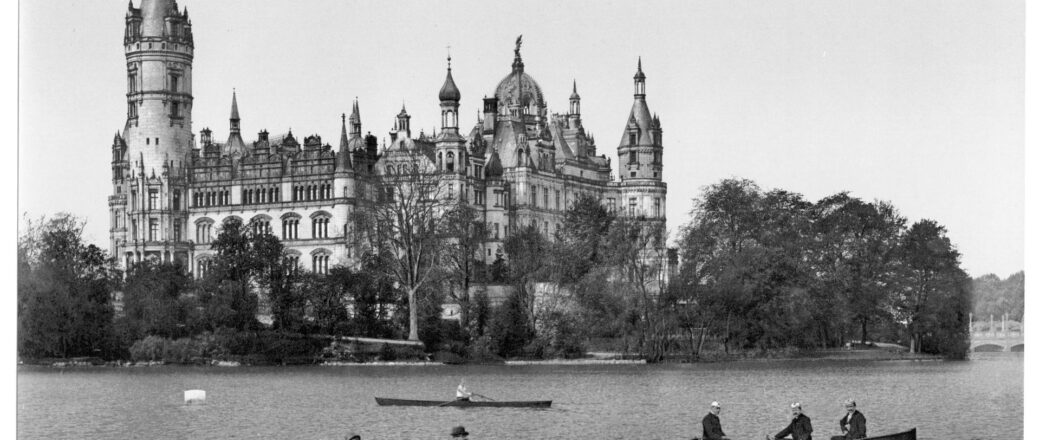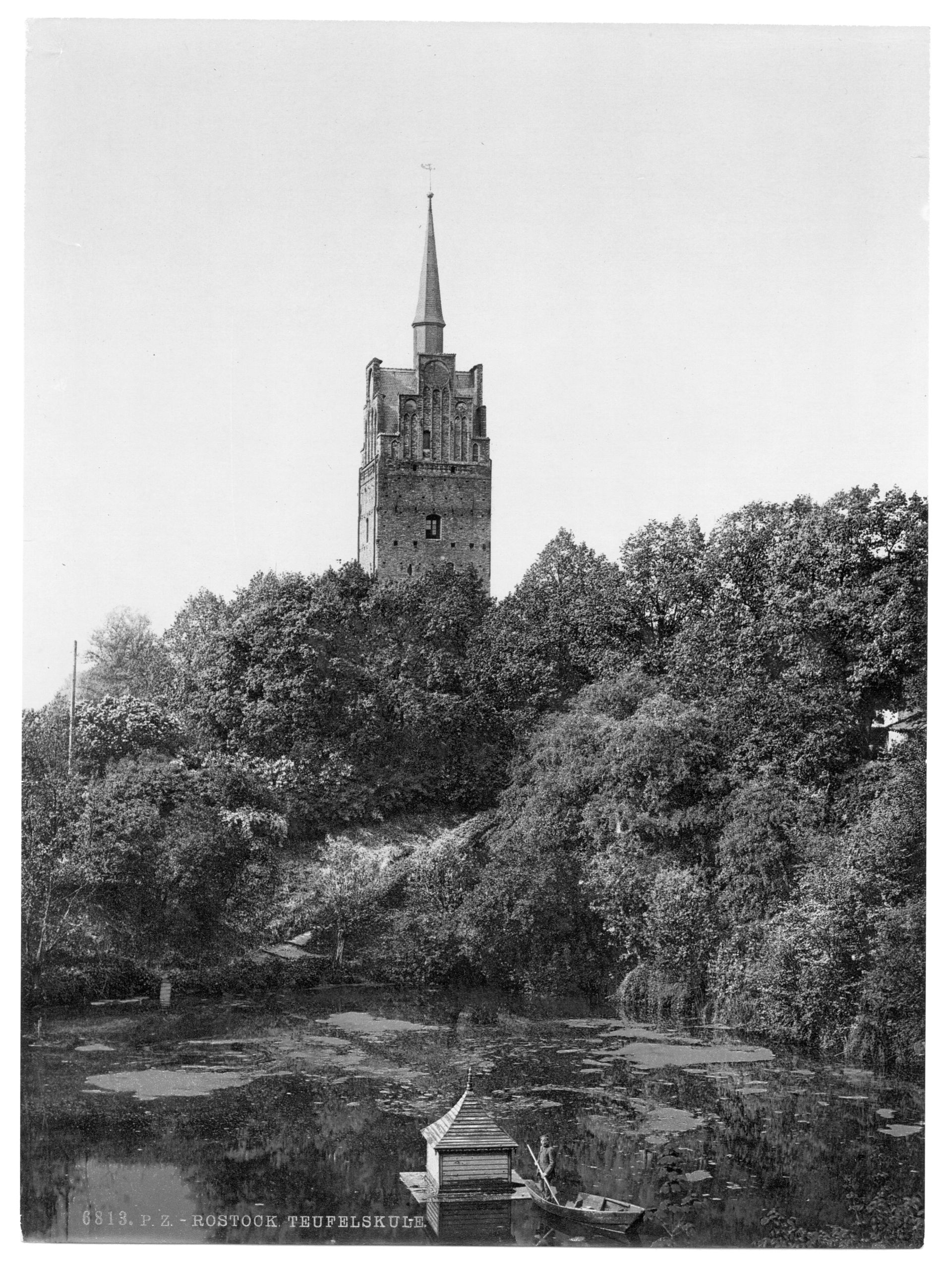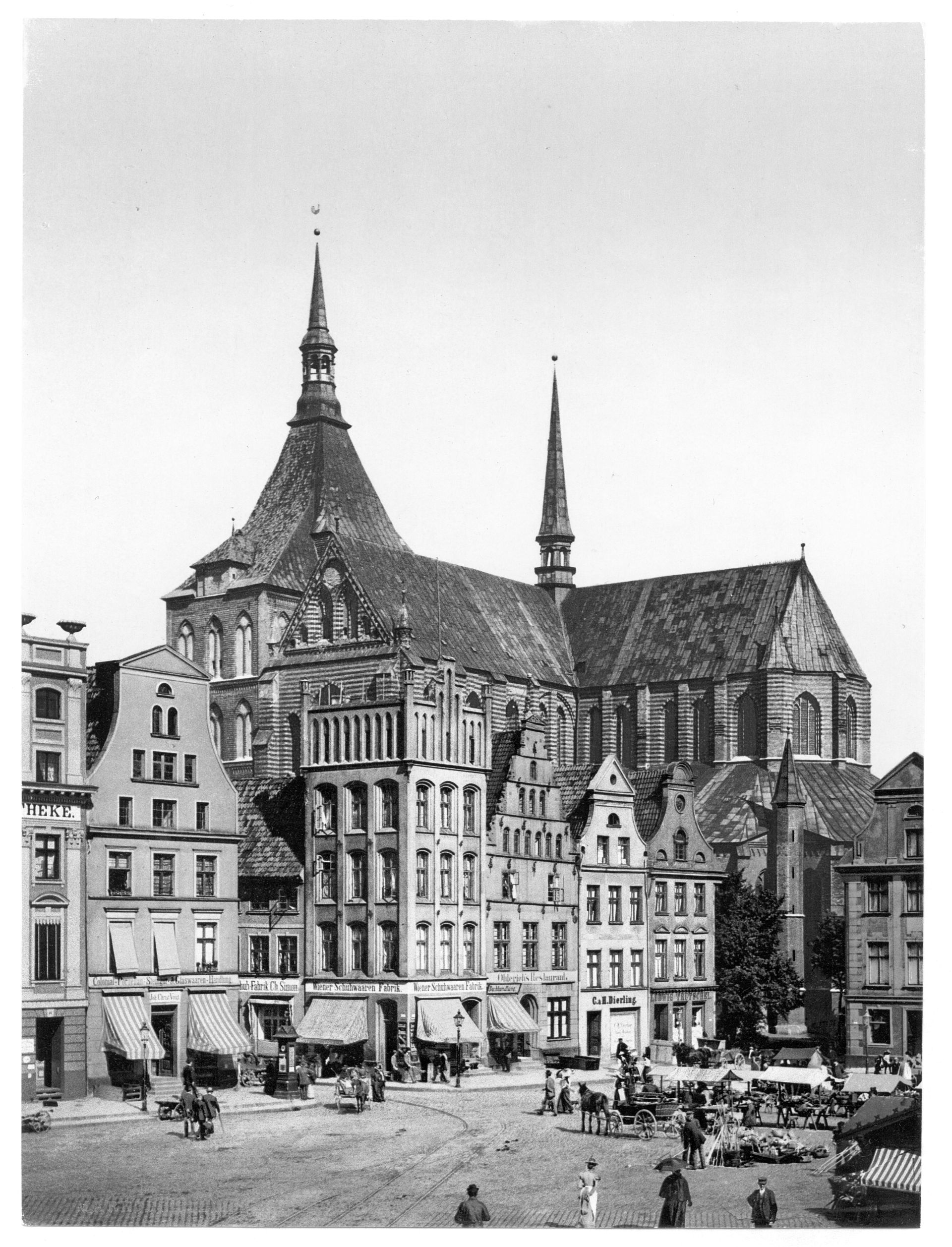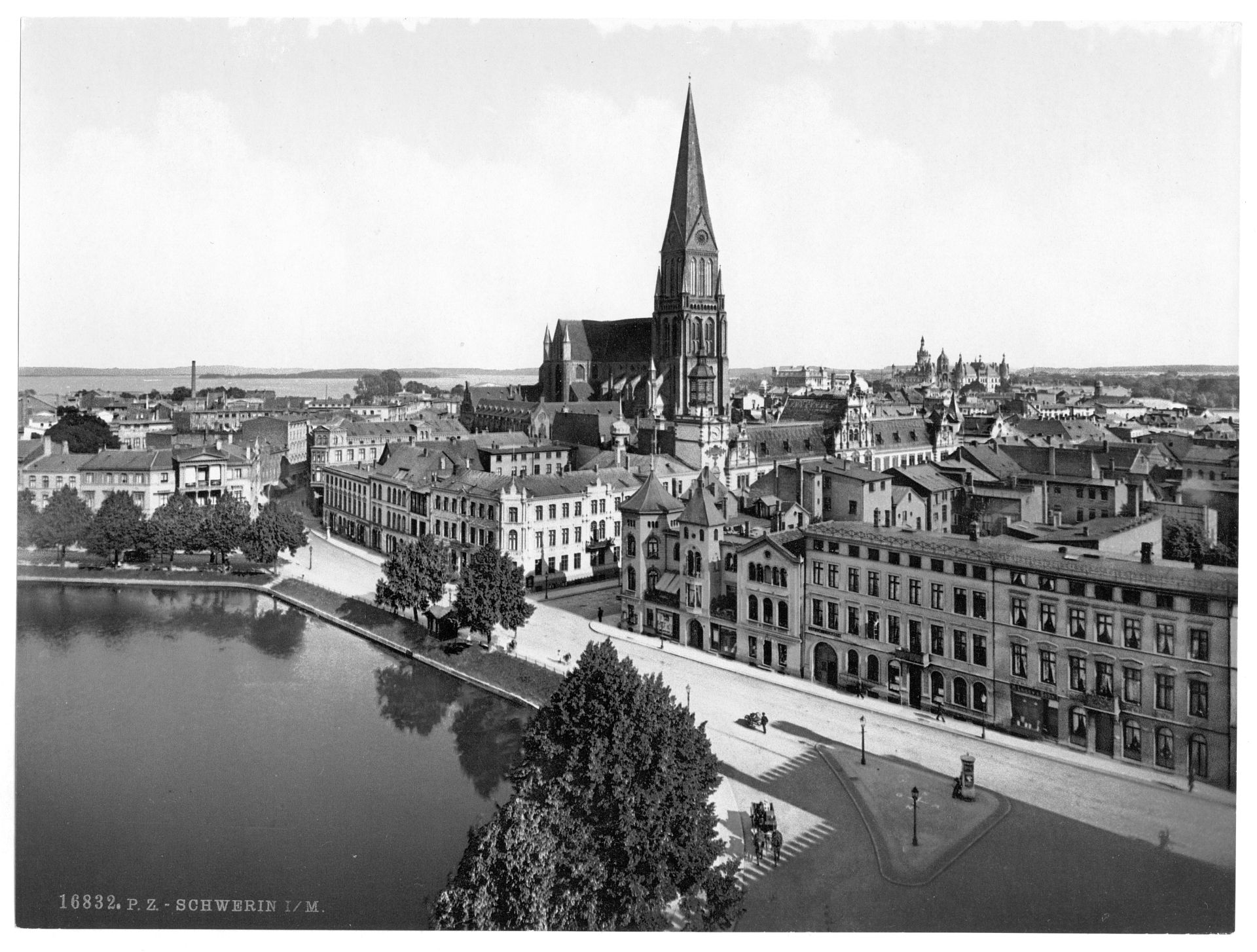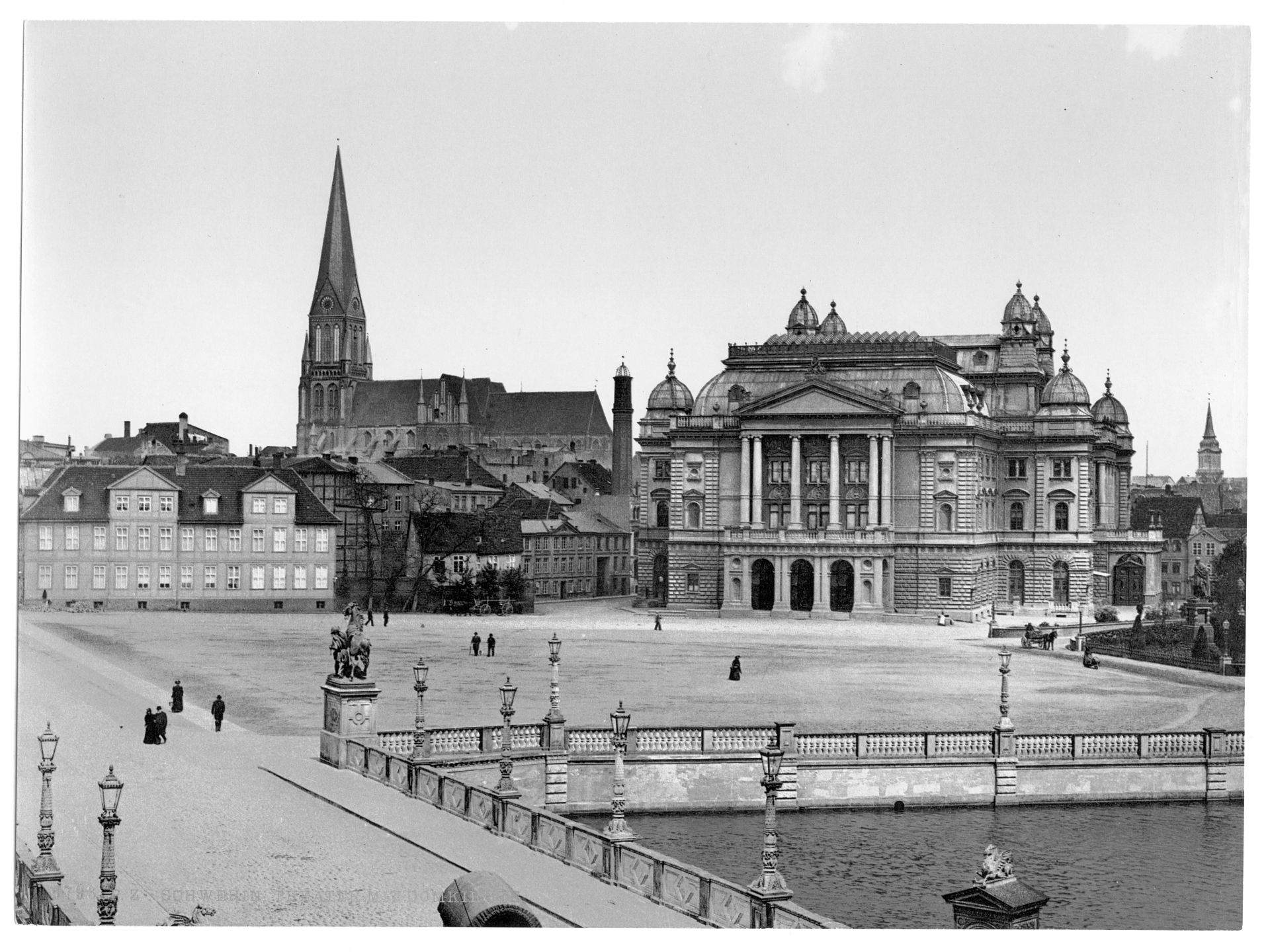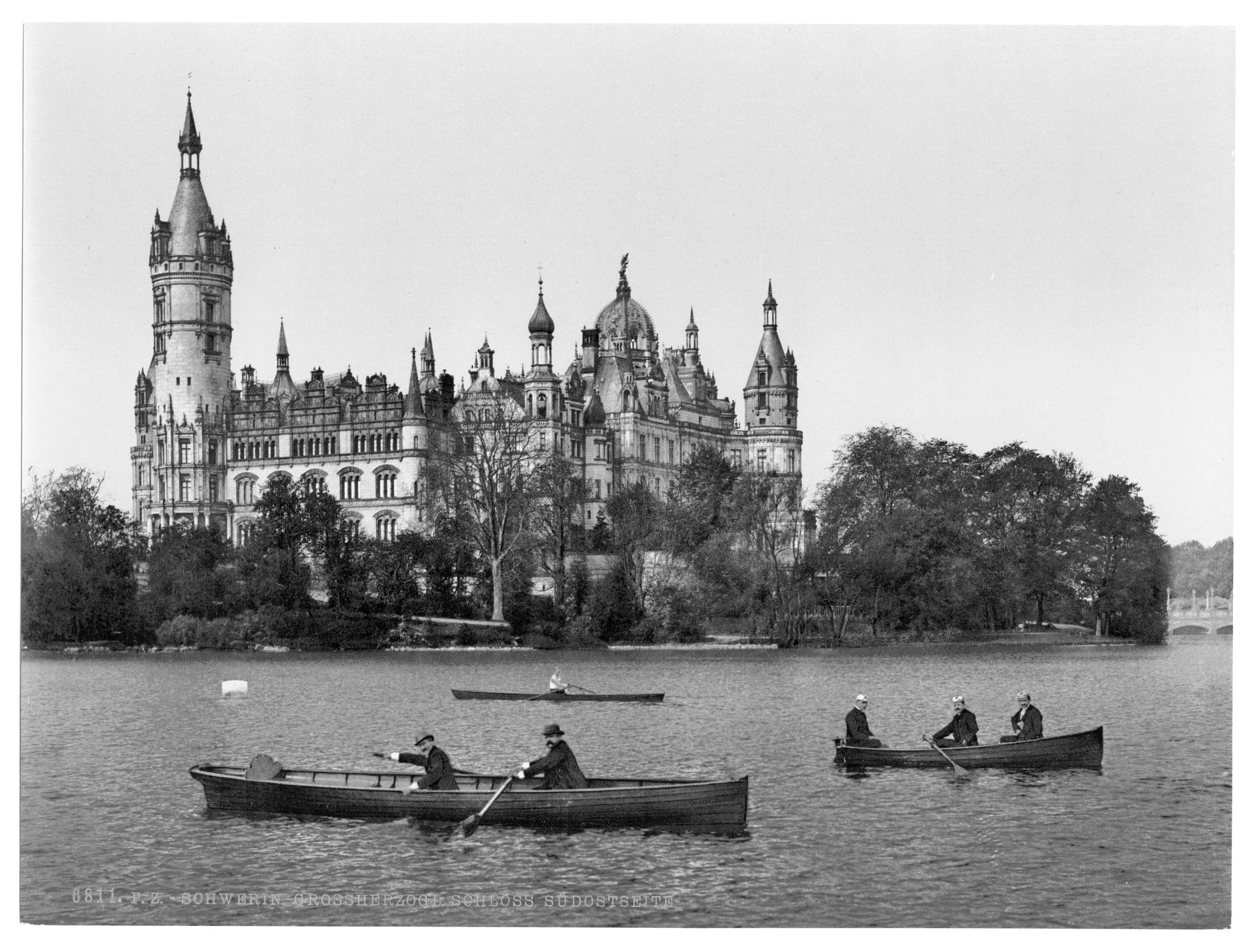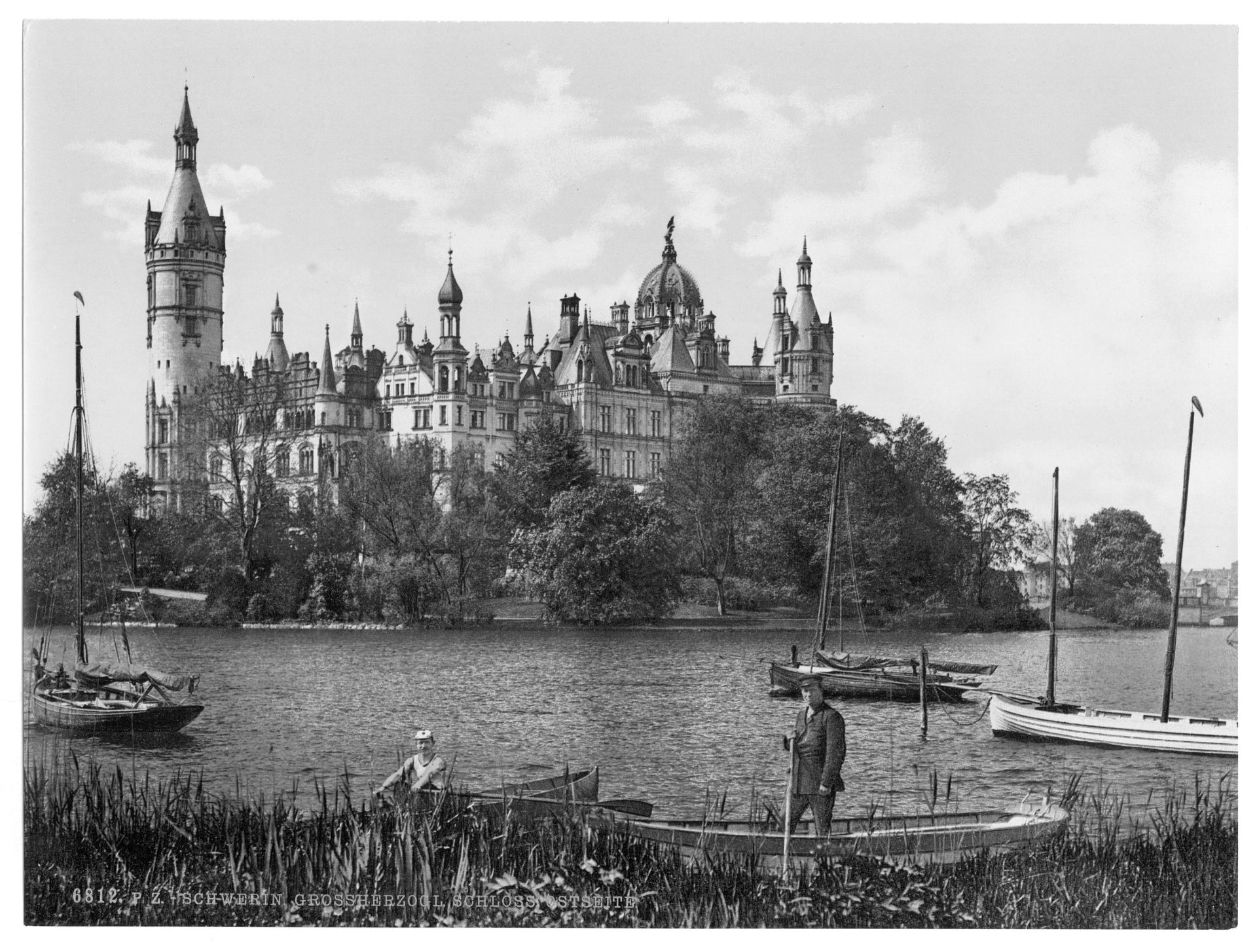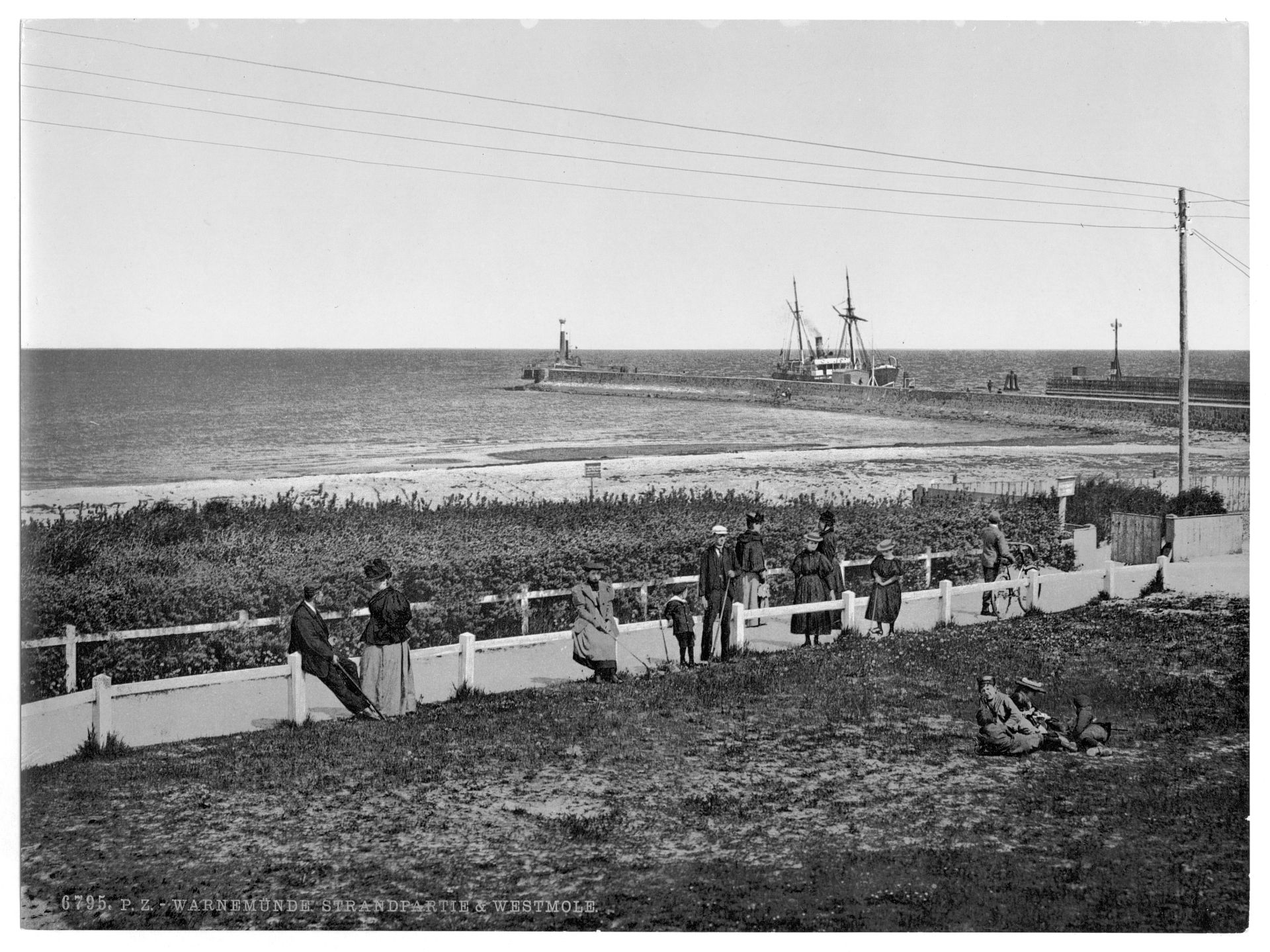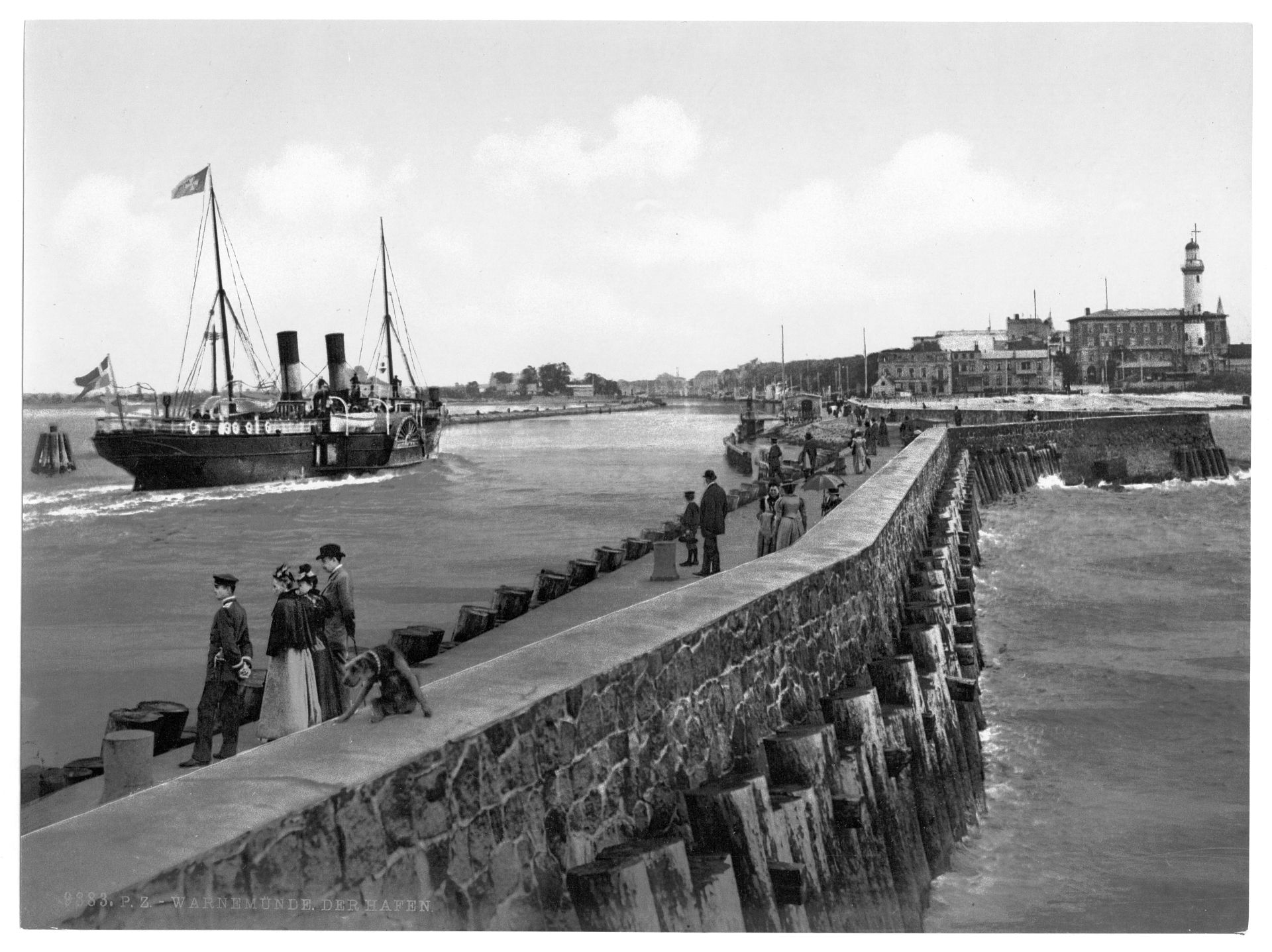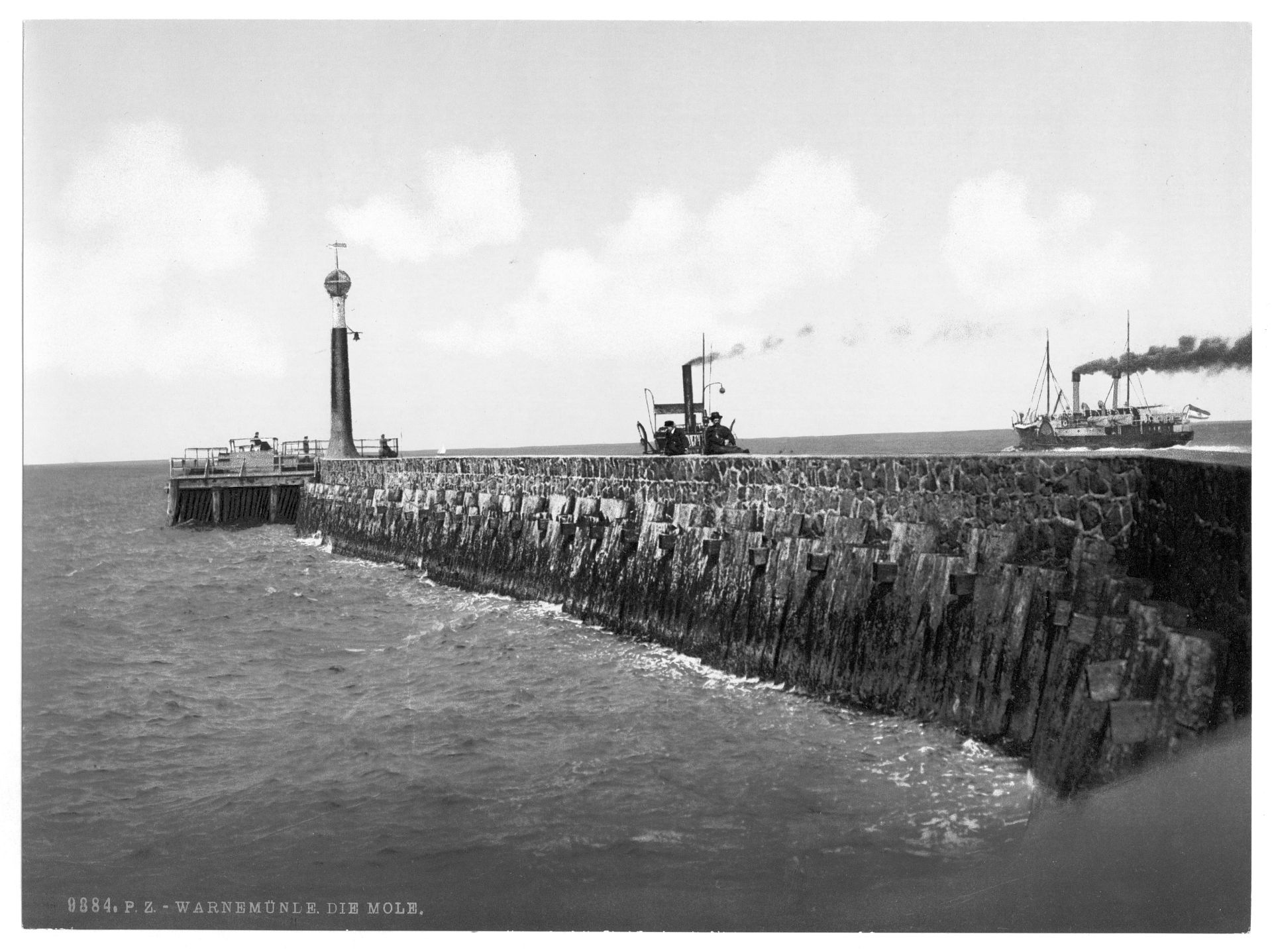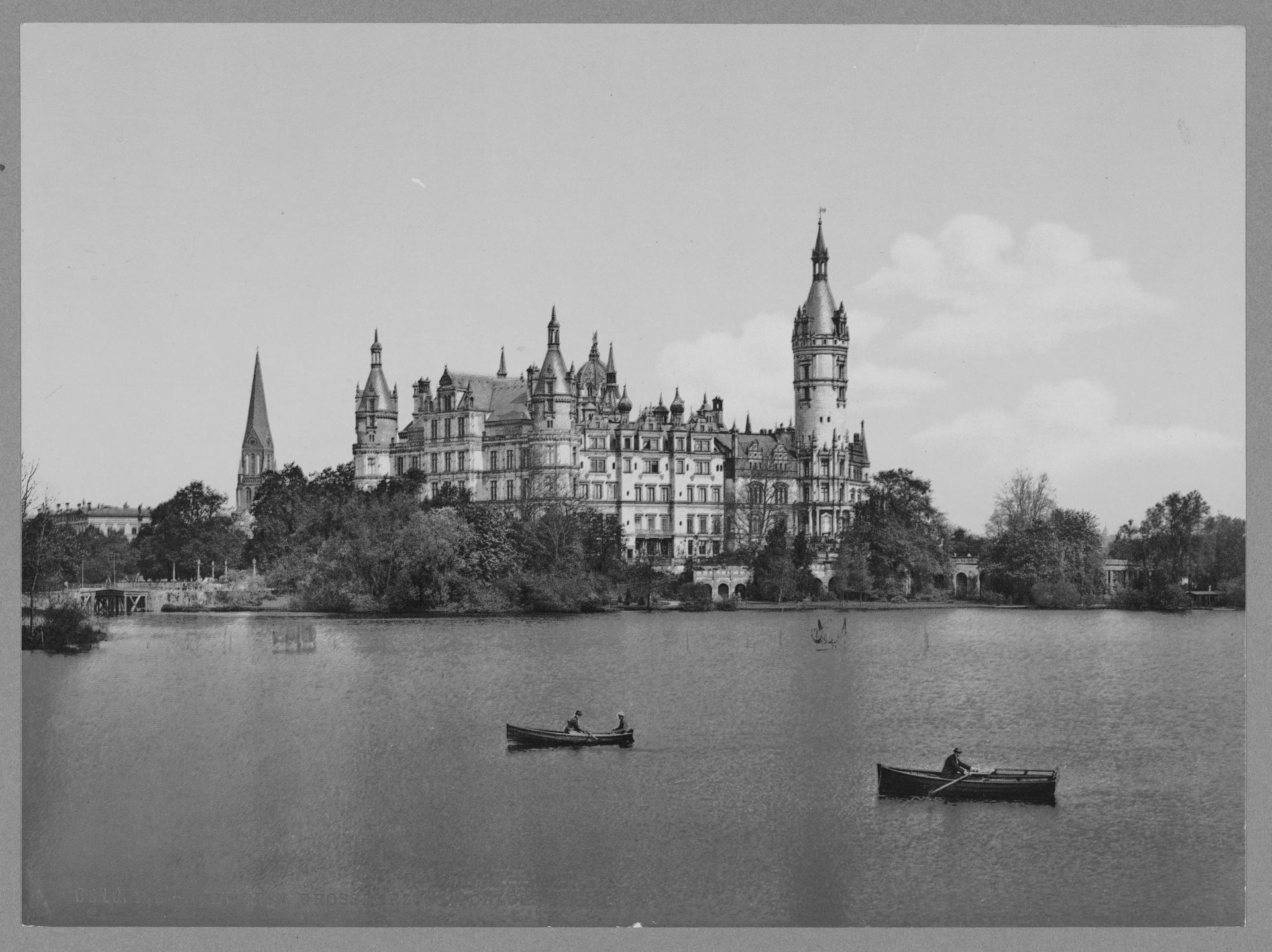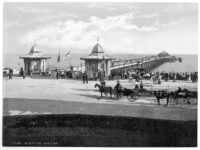At the 1815 Congress of Vienna, Frederick Francis joined the newly established German Confederation, and like his Strelitz cousin Charles II, was elevated to the title of a “Grand Duke of Mecklenburg-Schwerin”. In 1819 serfdom was finally abolished in his dominions. The Mecklenburg governance was still determined by the 1755 inheritance agreement (Landesgrundgesetzlicher Erbvergleich), which upheld the medieval hierarchy of the estates, which largely affected the social and economic development of both grand duchies. During the revolutions of 1848, the duchy witnessed a considerable agitation in favour of a liberal constitution. On 10 October 1849 Grand Duke Frederick Francis II (1823–1883) granted a new Basic law elaborated by his First Minister Ludwig von Lützow. In the subsequent reaction of the Mecklenburg nobility, backed by the Strelitz grand duke George, all the concessions which had been made to democracy were withdrawn and further restrictive measures were introduced in 1851 and 1852.
In the dispute over neighbouring Holstein which culminated in the 1866 Austro-Prussian War, Frederick Francis II supported the Kingdom of Prussia, whom he aided with Mecklenburg-Schwerin soldiers. His grand duchy began to pass more and more under Prussian influence. In 1867 he joined the North German Confederation and the Zollverein. In the Franco-Prussian War (1870–1871), Prussia again received valuable assistance from Grand Duke Frederick Francis II, who was an ardent advocate of German unity and held a high command in her armies. In the course of the German unification in 1871, Mecklenburg-Schwerin and Mecklenburg-Strelitz became states of the German Empire. There was now renewed agitation for a more democratic constitution, and the German Reichstag parliament gave some countenance to this movement.

